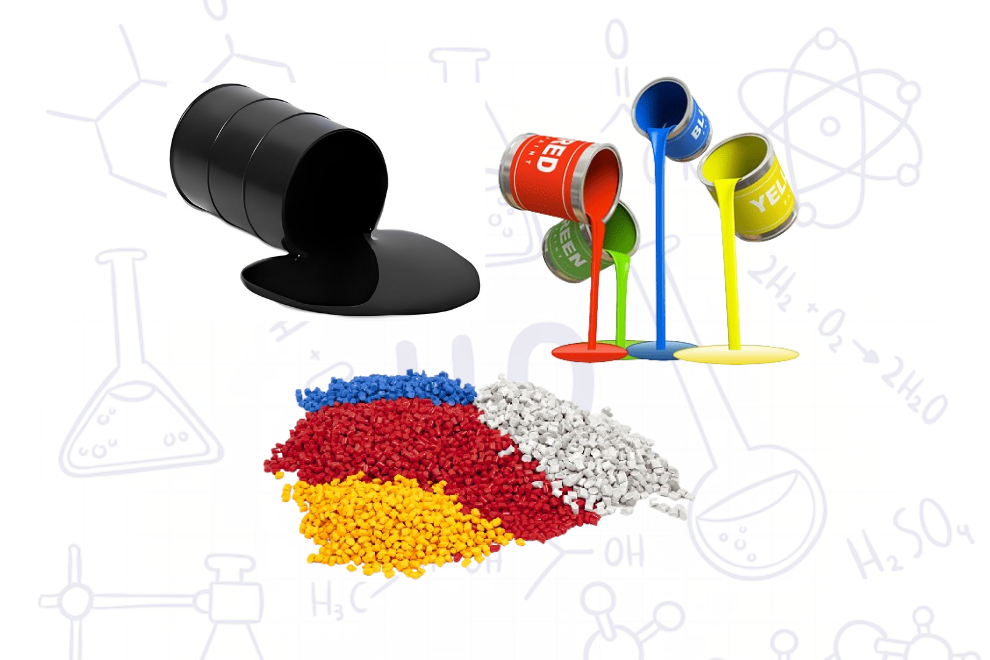The chemical industry plays a crucial role in various sectors of society. Paints, coatings, polymers, and other materials are fundamental components of this industry. This article explores the properties, applications, and societal impact of these materials.
Paints and Coatings
Paints and coatings serve functions such as protection, aesthetic appeal, and resistance to corrosion. Titanium dioxide (TiO2) is often used as a pigment in paints, providing not only vibrant colors but also protective properties that extend the lifespan of surfaces.
Bitumen is widely used in road construction and water insulation. Its durability and resistance to environmental changes make it an essential material for long-term use.
Polymers and Their Applications
Polymers are the driving force of the industry. PVC (Polyvinyl Chloride) is one of the most commonly used materials, with applications ranging from plastic frames to electrical cables. PVC soft granules and additives like CPE 135A enhance its flexibility and durability.
Acrylic Impact Modifiers improve the toughness of polymer materials, making them ideal for use in critical applications such as building transparent panels or automobile parts.
Specialty Chemicals and Additives
Stabilizers and plasticizers (e.g., DINP, DOP, DOTP) make materials more flexible, durable, and user-friendly. These additives not only improve material properties but also enhance economic efficiency.
Specialty chemicals like calcium carbonate and PeWax add structural strength, surface smoothness, and cost-efficiency to materials.
Conclusion
Materials such as paints, coatings, and polymers form the backbone of the chemical industry. Their primary roles include simplifying human life, achieving aesthetic goals, and enhancing material durability. The development of the chemical industry continues to drive the broader use of these materials in various applications.

